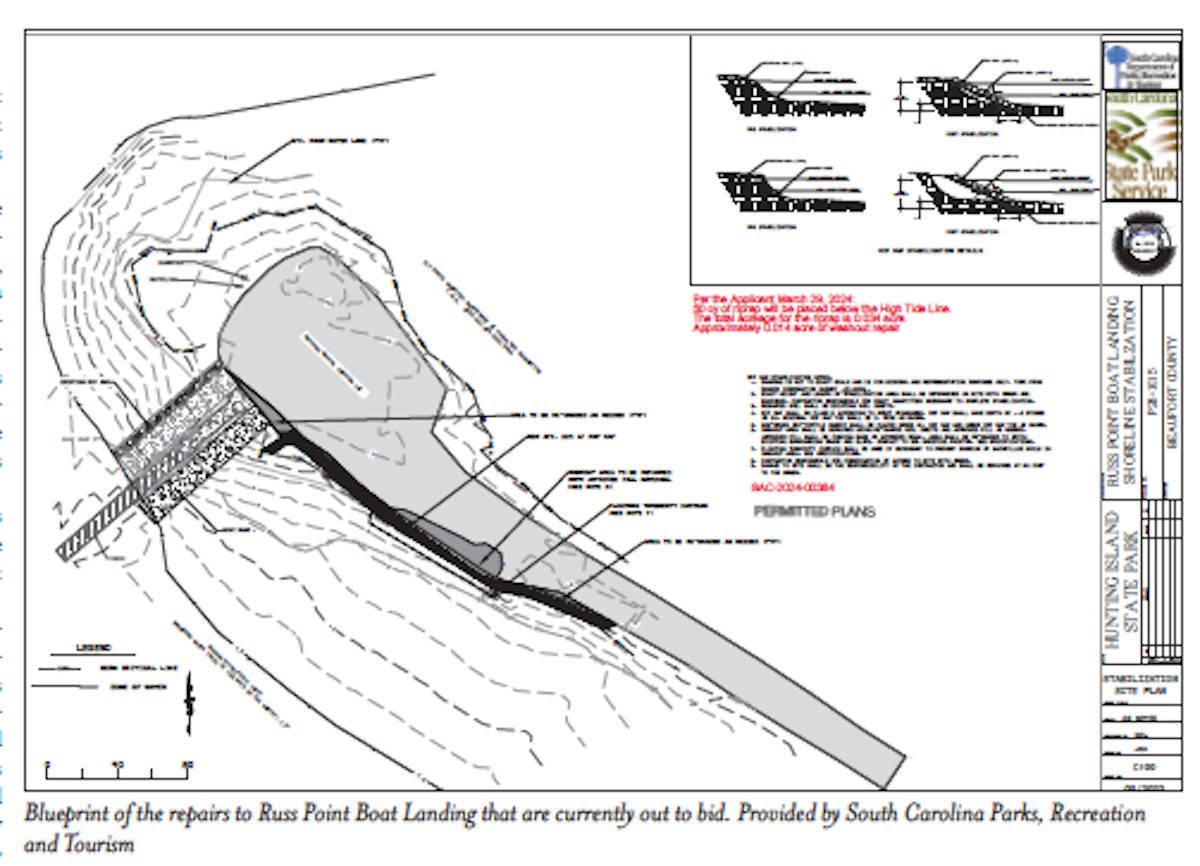By State Farm® Agent
Summer is here and that means it’s time for vacations, cookouts and summer road trips. Before you jump into the family vehicle, have you done everything you could to ensure safe travels? If not, you may want to think twice about driving “Old Faithful” across the country or across town to a barbecue.
We all know with summer comes extreme heat, which can wreak havoc on a car. However, there are a few things you can do to ensure you keep your car in its best operating condition.
Get your oil changed. Every 3,000 miles, or every three to six months, is usually the amount of time between oil changes. (It’s also not a bad idea to rotate your tires every other oil change to ensure equal wear.) Oil is critical to the function of an engine. Not changing the oil can lead to increased wear and tear on the engine, which could decrease performance. An underperforming engine can lead to many other problems.
Check all engine fluid levels (along with coolant, transmission and brake fluids).
Have your vehicle inspected. Before going on long road trips, it is highly suggested you have your vehicle inspected by a certified mechanic. They will be able to diagnose and assess any issues your vehicle may have.
Check your tire pressure (including the spare). For the most part, vehicles can lose about one pound of pressure per month. Driving on underinflated tires can lead to increased gas consumption, and more wear and tear on the tires among other things. Above all, it just isn’t safe.
Not only do you want to make sure your vehicle is mechanically sound, but you also want to make sure you keep the proper necessities available in your car. If you were to become stranded somewhere, do you have items that would make your wait a little less painful? Here are just a few items you’ll want to make sure you keep in your car, not only in the summer months, but year round:
• Flashlight, flares and a first-aid kit
• Jumper cables
• A mat or blanket
• Extra clothes and gloves (you never know when you may have to go under the hood or the car)
• Paper towels
• Extra washer fluid
• Nonperishable food
• Water
• Basic tools
Now that you’ve had your car inspected and you’ve stocked your trunk with the proper necessities, you should be ready to go. Remember to get plenty of rest before you drive long distances. Safe, happy travels to you!






